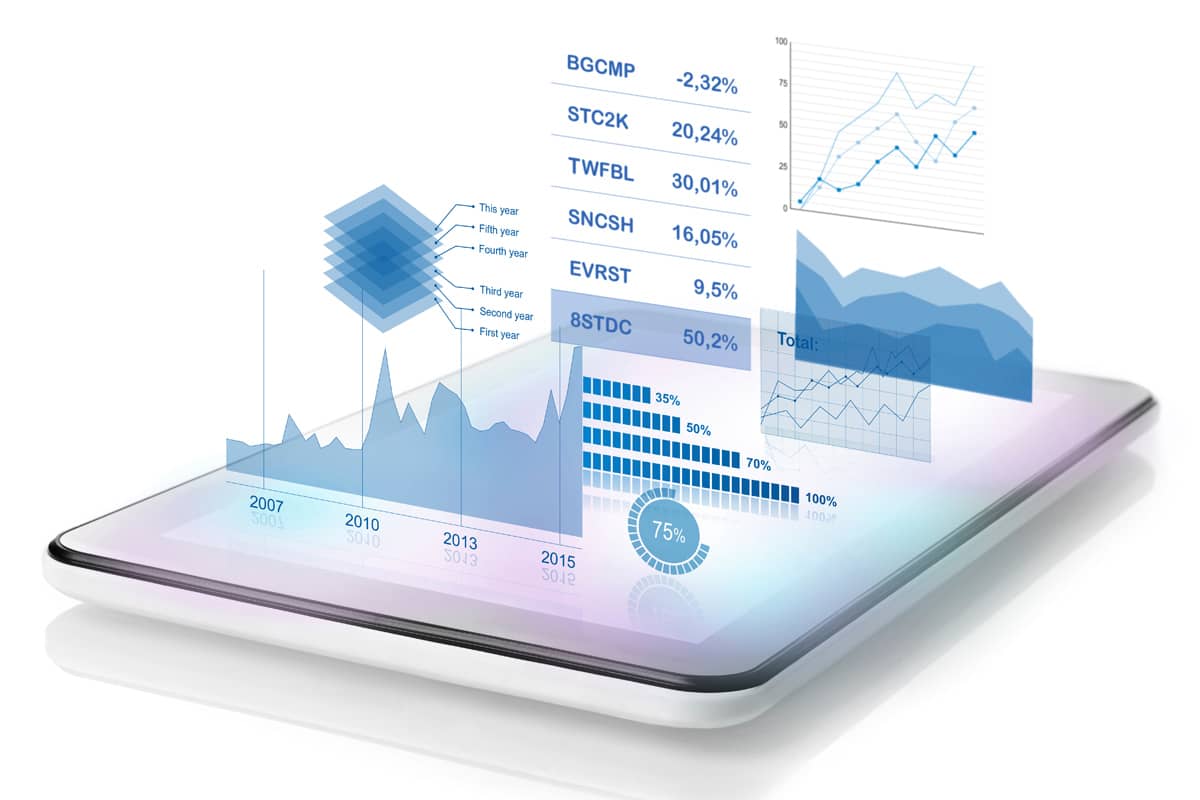Financial analysts present funding recommendation to firms and people. Financial analysts should be adept at utilizing software program packages to investigate monetary information, see developments, create portfolios, and make forecasts. A grasp’s diploma in finance or enterprise administration can enhance an analyst’s possibilities of advancing to one among these positions.
The large number of new graduates seeking work will create a aggressive job market, but an applicant with a graduate diploma or certification may have an advantage. Some experienced analysts known as portfolio managers supervise a workforce of analysts and select the mix of merchandise, industries, and regions for their company’s investment portfolio.
Experienced employees who change jobs will need to have their licenses renewed with the new company. To be successful, financial analysts must be motivated to hunt out obscure information that could be essential to the funding. Lots of the junior analysts hired by corporations have these backgrounds, whereas MBA graduates are often hired as senior analysts right out of business faculty.
Companies with larger research departments assign analysts even narrower subject areas. Because of this sell side analysts usually tend to need licenses than purchase aspect analysts. A financial analyst needs a minimum of a bachelor’s degree — preferably in a finance-associated main, akin to accounting, statistics, or economics.
By analyzing financial paperwork and the present market, the analyst may help the business make essential selections by way of merchandising, budgeting, and forecasting. The Financial Industry Regulatory Authority (FINRA) is the first securities business licensing organization.


